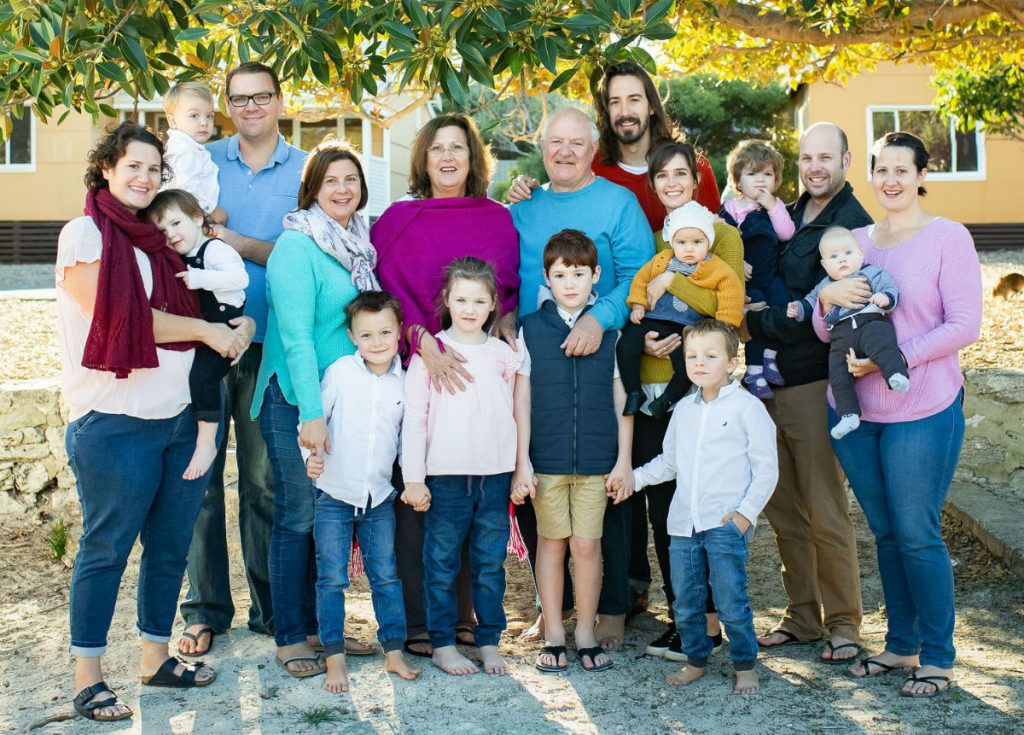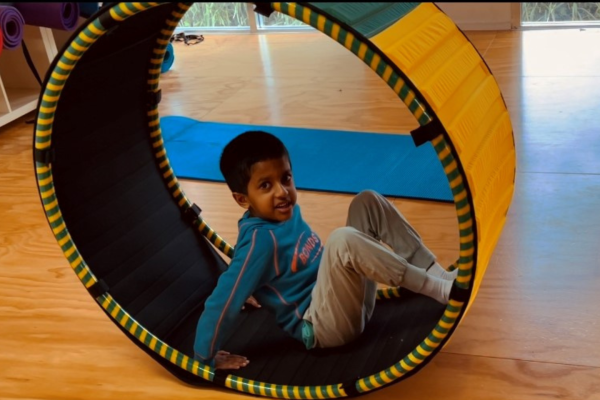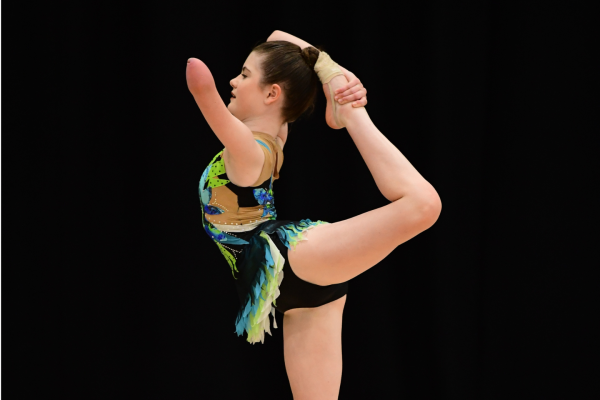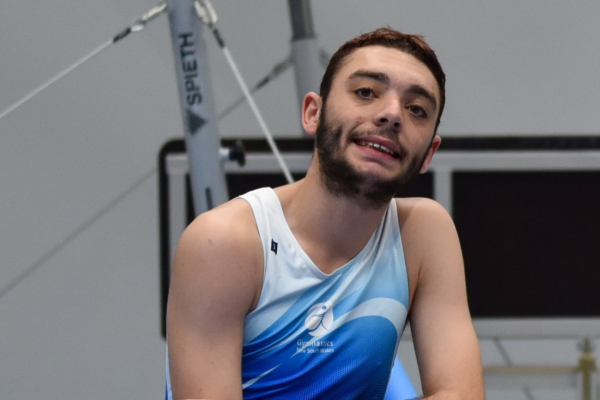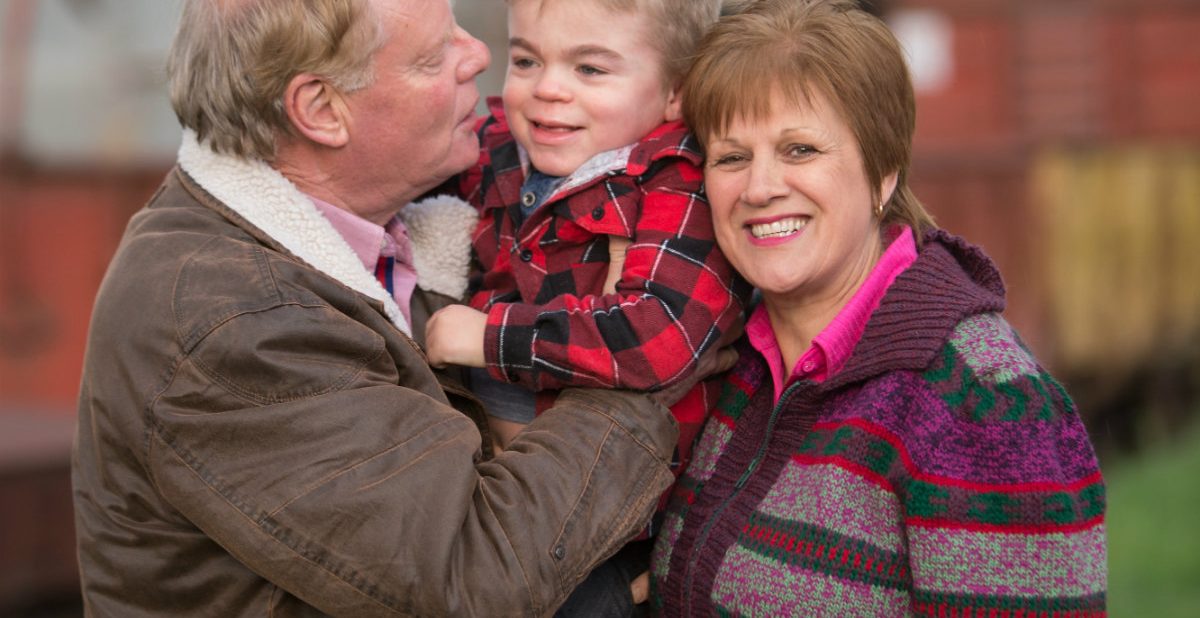
Grandparent power: Sanfilippo’s secret weapon
By Ingrid Mack
Sunday 27th October is National Grandparent’s Day, and the grandparents of terminally-ill and disabled children are a special breed. These beloved elders play an important caring role for families facing the hardship of a terminal diagnosis.
There are many services available to help children with disabilities and their parents in Australia, but there are very few that cater to the unique needs of grandparents.
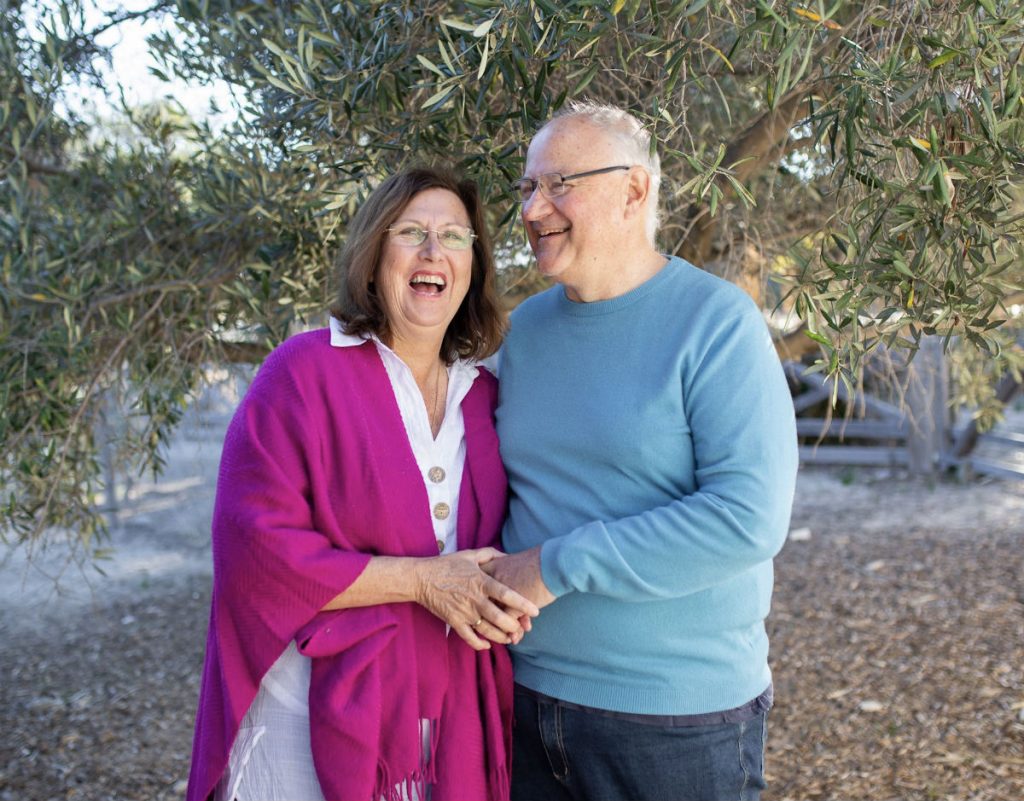
Many grandparents perform a triple caring role: looking after their affected grandchild or in some cases children, on top of caring for unaffected siblings and/or cousins while also attempting to care for the wellbeing of their adult child – not to mention caring for themselves!
While they are seeming pillars of strength, grandparents of disabled or terminally-ill children also experience their own anxiety and grief.
National Grandparent’s Day is a day on which we can salute these unsung heroes.
According to the Sanfilippo Children’s Foundation – an organisation dedicated to raising medical research funds into the rare childhood dementia Sanfiippo Syndrome – many grandparents channel their grief by getting involved with the organisation by fundraising for the Sanfilippo cause and uniting their family and friends with related community building.
Not surprisingly, two of the Foundation’s biggest individual donors are the grandparents of children battling Sanfilippo.
Sanfilippo is a rare form of childhood dementia that causes progressive and fatal brain damage. There is currently no approved treatment or cure for the condition and life expectancy for children is between 12-20 years.
When Kyuss Johnson was first diagnosed with Sanfilippo four years ago, his grandparents Graeme (aka ‘Hoppa’) and Gwenda (aka ‘Nanyi’) Johnson dealt with the blow, in part, by turning their grief into action.
The family launched the Hope for Kyuss campaign to help raise research dollars and along the way have found “strength and meaning”. Gwenda started a veritable cottage industry from the couple’s farmhouse in regional Victoria – making jam, baking cakes and sewing lavender bags, which she sells at the dry-cleaners where she works part-time. Since then the Johnson and Harris families and their network of supporters, have collectively raised $173,000.
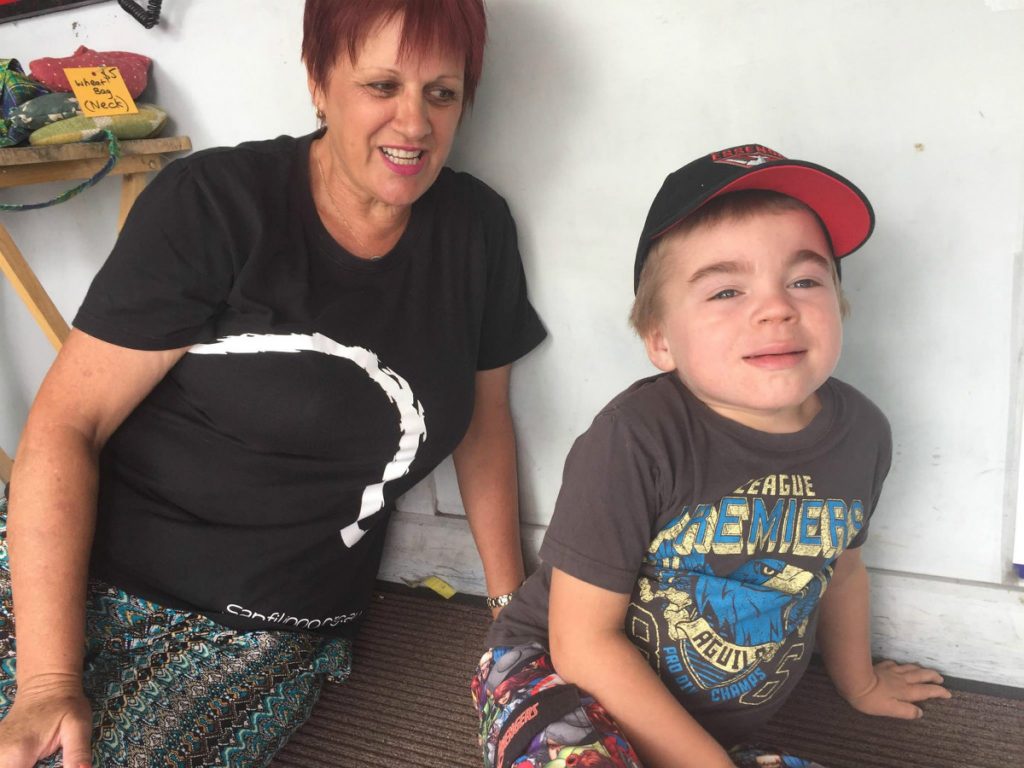
Graeme describes their kitchen as a “crazy production line” but says he and Gwenda wouldn’t have it any other way.
“We have a responsibility to chip in where we can. Our whole family is onboard. We all lend a hand, and we lean on each other.
“As a grandparent, someone who has been around the block a few times, you are supposed to be able to fix things and make things right, and the fact that we can’t do this with Kyuss is heart- breaking.”
Graeme sees his role in supporting Kyuss’ father, Michael, and mother Nikki in the care of Kyuss (now aged 7) as paramount.
“Our support of Mike, Nik and ‘Ky-man’ is much more important than anything we as grandparents might be experiencing,” he says.
“The sadness can be despairing and threatens to weigh us down at times… but we just have to keep going.”
“It is hard for us to worry about ourselves too much when there are other kids and other families who are also going through this nightmare.”

Graeme and Gwenda with Kyuss, who is battling Sanfilippo, pictured on the farm. While he can no longer speak or ride his motorbike, Kyuss still enjoys his visits.
In a New Zealand 2013 study on the Grief-related experiences and support needs of grandparents when dealing with the death, disability or terminal illness of grandchildren by Valerie Leveson, it was found that the grief of grandparents of terminally ill or disabled children is complex and multi- dimensional.
The research’s author explains that grandparents have to support their children and other grandchildren in their grief; while also experiencing and grieving the loss of their own dreams for their grandchild of a full and healthy life.
The study also showed that grandparents would often deny themselves and their emotions in order to be there for their children.
They saw being strong for their children as part of their ‘role’ and in some cases this seemed to come as a cost to the grandparents’ wellbeing.
“There is no question it has knocked us around a bit,” concedes Graeme. “It has certainly changed our perspective on life…
“[Diagnosis Day] was the worst day of our lives. I can show you the exact spot where I was standing when I took the call. I have never felt so empty or helpless … it’s a feeling that I suppose has never left me.”
For Graeme and Gwenda, the work of the Foundation has helped give them focus and “lifted spirits.”
To other families on a similar journey, their advice is to: “just be around when someone needs that special hug or smile, and never go down this track alone…We are all in this together!”
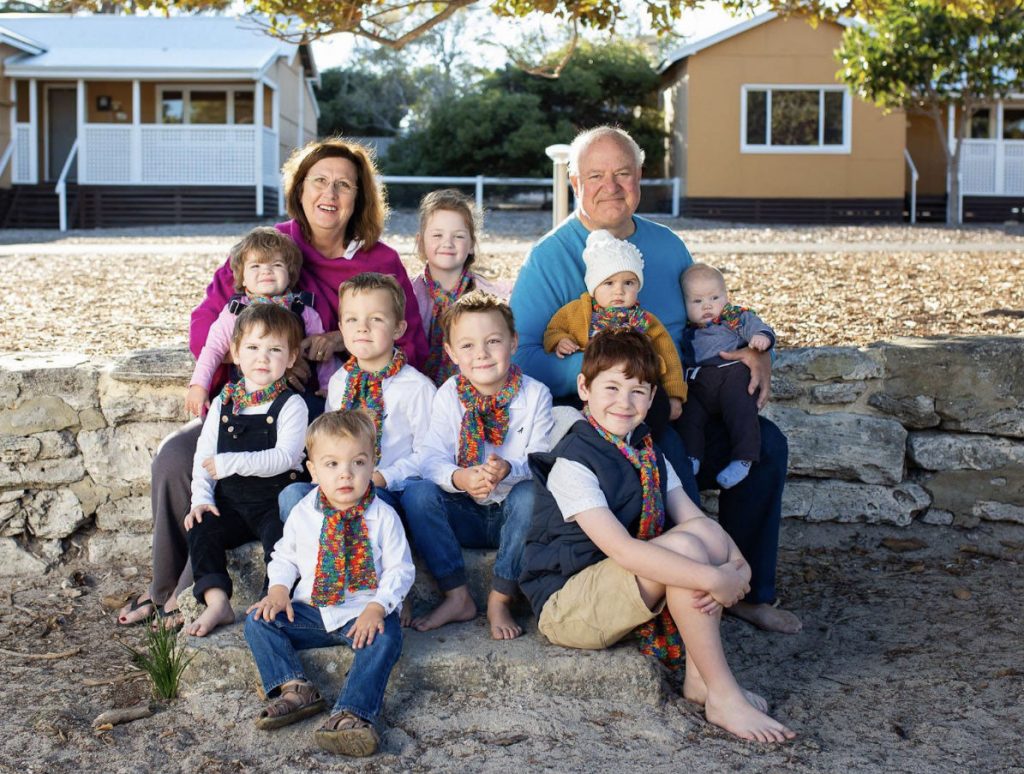

When Matilda Page was diagnosed with Sanfilippo at just three months old, it was actually her 89- year-old great grandmother Betty (aka ‘More Grandma’) and great grandfather Paddy who were the first to fundraise by organising a plant sale.
Her daughter Jill Bowman (grandma to Matilda) says her parents gave the whole family “the courage to get started.”
According to Jill, fundraising or raising awareness about this rare condition is “a practical thing a grandparent can do and a positive way to contribute”.
“We all want to help and it’s a way of feeling helpful in a situation where we often feel helpless.
“By fundraising we are actually doing something that may help the situation in a tangible way.”
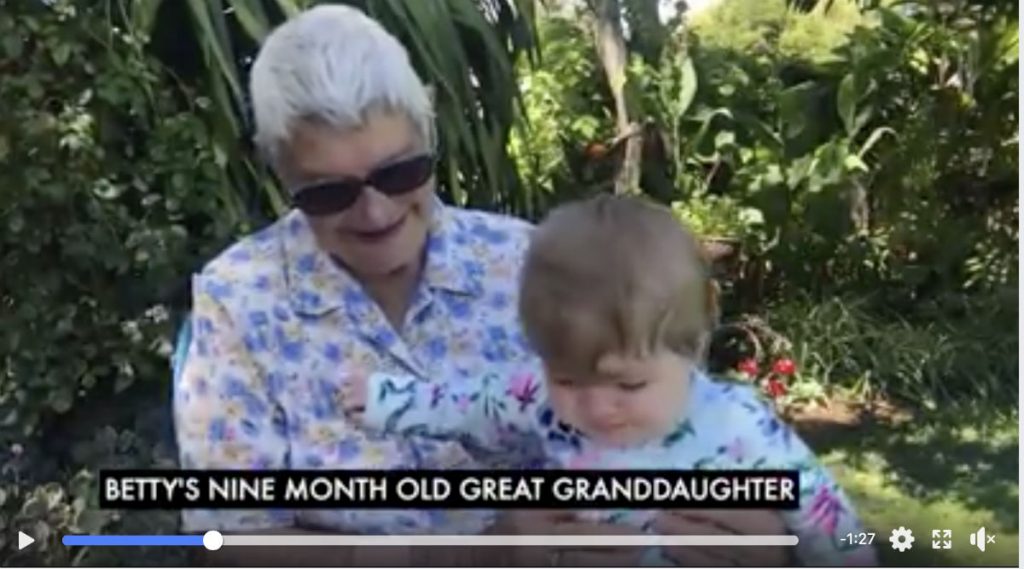

Click on the link below to watch this delightful video about Betty’s debut plant sale: https://www.facebook.com/watch/?v=10156340602574313
Since then extended family have also got involved in the Hope for Matilda campaign.
“My niece organised a team in the ‘Run for a Reason’ fun run, my nephew was sponsored to grow his beard and hair while travelling around Australia, and my sisters all help Betty with her ongoing plant sales. She’s had four now including a fairy garden party.”
Earlier this year Jill also organised a concert, called Symphony of Hope, in Perth’s largest Anglican Cathedral.
A self-described ‘family of faith”, this grandmother has turned to her church for emotional support.
“We believe equally in science and miracles… I don’t see them as separate. We have had an army of people around the world praying.”
She says as a grandparent her most important role is to “protect, love and unconditionally support” her daughter Kate, son-in-law Lachlan and grand-daughter Matilda.
“Of course we just love Matilda, aka ‘Tilly’, and enjoy and delight in her, like we do all our grandchildren but we also want to make sure that she is just one of the gang.”
Tilly is especially lucky to have the support of four very involved and loving grandparents as well as two great grandparents.
Matilda often visits her grandparents in suburban Perth where Jill helps her with her sign language, dances and sings and reads to her.
“She plays with the chooks and she is allowed to get dirty here. I don’t care about the housework on these days. My house stays messy when I am with my grandchildren.”
Jill describes Betty’s role, as a great grandparent, as “magic”.
“She sits and plays with them and takes delight. She never tires of wanting to see the ‘grandies’ (she has 22 grandchildren). Her endless patience is incredible. It’s a lesson I think we all need to take.”
To other grandparents, Jill says to go gently and always be kind to yourself.
“It’s ok to have days where you are devastated and can’t get out of bed. It is ok to feel like that.
“I think as grandparents we hide those days but it’s ok to show you’re vulnerable.”
For more information visit www.sanfilippo.org.au or donate at www.hopeforkyuss.com.au and www.hopeformatilda.com.au
Photography credits: Jasmine Skye Photography and Adrienne Gilligan Photography.
